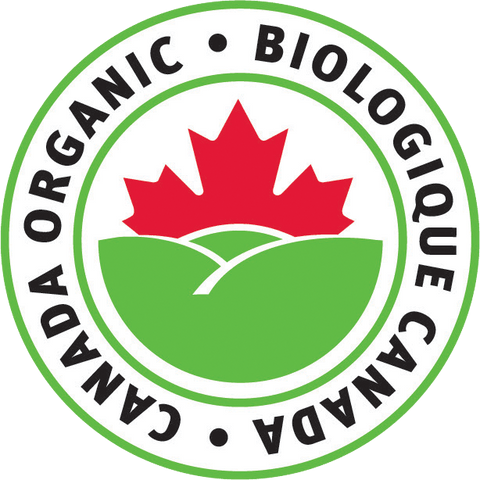Many Canadians are becoming increasingly aware of the composition of the products they choose. From food to natural health products and clothing, ethics is increasingly becoming a key "ingredient".
When it comes to cosmetics, ordinary beauty products often contain multiple ingredients that are impossible to spell, let alone pronounce. Major advocacy groups, such as the David Suzuki Foundation and the Environmental Working Group, have linked some of these ingredients to serious health problems, such as hormonal disruption and adverse environmental effects, not to mention their designation as possible carcinogens.
This association has led to an explosion of natural body care products bearing certifications that enable consumers to be sure that their purchase is organic, sustainable, vegan or gluten-free, for example, or has not been tested on animals. Certification can also extend to product packaging, offering the possibility of opting for recyclable or biodegradable material instead of the current, environmentally unfriendly solution.
Many cosmetics proudly bear the "certified organic" logo, which implies a long and rigorous process, sometimes going right back to the source of the ingredients. For example, many products are free from genetically modified organisms (GMO-free).


One aspect that has received a great deal of attention, and is of concern to many users, is that of animal testing. In response to these concerns, many products display the certification "not tested on animals". Some go even further, stating that their product contains no animal ingredients, such as gelatin.
Skin care products continue to evolve, and many Canadians are looking for greater transparency when making their purchases. The industry is responding with certifications that take into account the growing number of consumer concerns.
To find out more about these products and certifications, visit your local natural products retailer.


